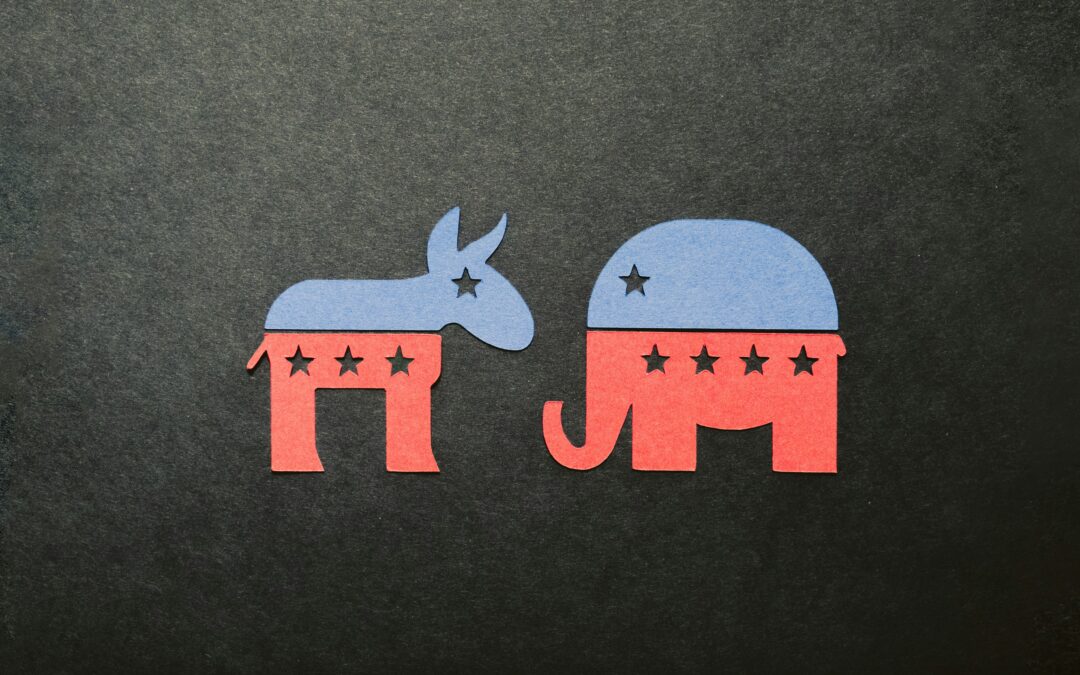In today’s highly polarized social climate, one of the more difficult tasks businesses face is managing political discussions within the workplace. While fostering a culture of open communication and diverse viewpoints is generally encouraged, political conversations can often lead to conflicts, decreased productivity, and even hostile work environments.
This delicate issue presents several challenges for businesses striving to maintain a harmonious and focused workplace.
The Challenge of Free Speech vs. Company Policy
Employees might view workplace restrictions on political discussions as an infringement on their personal freedoms. Balancing the right to free speech with the necessity of maintaining a professional environment is a fine line to walk. A company must clearly define what constitutes appropriate conversation without appearing to suppress individual expression. This balancing act is essential but difficult to achieve without clear and well-communicated policies.
Diverse Political Landscapes
Workplaces today are becoming increasingly diverse, not just in terms of demographics but also in viewpoints and ideologies. This diversity can lead to a variety of political opinions within a team. While diversity is largely beneficial for broadening perspectives and fostering creativity, it can also mean opposing political views that may clash, potentially leading to conflicts and distractions from work-related objectives.
Polarized Societal Climate
The current societal landscape is one of heightened political awareness and polarization. Social media and news outlets incessantly highlight political divides, which employees bring with them into the workplace. When political sentiments are strong and deeply felt, minor disagreements can quickly escalate into significant conflicts, impacting team cohesion and morale.
Impact on Employee Productivity and Focus
Frequent political discussions can divert employees’ focus from their primary job responsibilities. Controversial topics can consume considerable time and mental energy, detracting from productivity. For management, this poses the challenge of finding ways to redirect attention back to work-related tasks without appearing heavy-handed or censorious.
Legal and Ethical Concerns
In addition to maintaining workplace harmony, businesses must navigate numerous legal and ethical issues. Employers must ensure that policies governing political discussions do not infringe upon employees’ rights. This includes understanding and complying with local labor laws and employment rights that protect employees from discrimination based on their political beliefs.
Formulating and Enforcing Policies
Creating a clear policy on political discussions is complex but necessary. Policies must be crafted to be explicit yet fair, ensuring that they protect employees without being overly restrictive. Moreover, the enforcement of these policies must be consistent and impartial. This includes training managers to handle situations delicately and ensuring that there are established protocols for reporting and addressing conflicts.
Strategies to Manage Political Discussions
1. Clear Communication of Policies: Clearly drafted policies should be communicated to all employees, highlighting acceptable and unacceptable behaviors regarding political discourse.
2. Encourage Respectful Dialogue: Create an environment where respectful and inclusive dialogue is promoted. This can include training sessions on cultural sensitivity and conflict resolution.
3. Focus on Common Goals: Emphasize shared goals and values that unite employees. By focusing on the company’s mission and collective success, political differences can be seen in a less contentious light.
4. Provide Outlets for Expression: Offer forums or moderated discussion groups where interested employees can discuss political issues without disrupting the workplace. These can be structured to ensure that all viewpoints are respected.
5. Lead by Example: Leadership should model the behavior they expect from employees. By demonstrating a commitment to maintaining a politically neutral and professional environment, they set a standard for others to follow.
In conclusion, while the challenge of managing political discussions in the workplace is a complex issue, thoughtful and proactive approaches can mitigate potential conflicts. With clear policies, respectful communication, and a focus on common objectives, businesses can create a work environment where productivity and harmony prevail despite diverse political views.
Marzano Human Resources Consulting works with businesses of all sizes in developing strategies that increase employee engagement and foster a health culture of inclusivity. Considering reaching out for a no-cost initial consultation.

